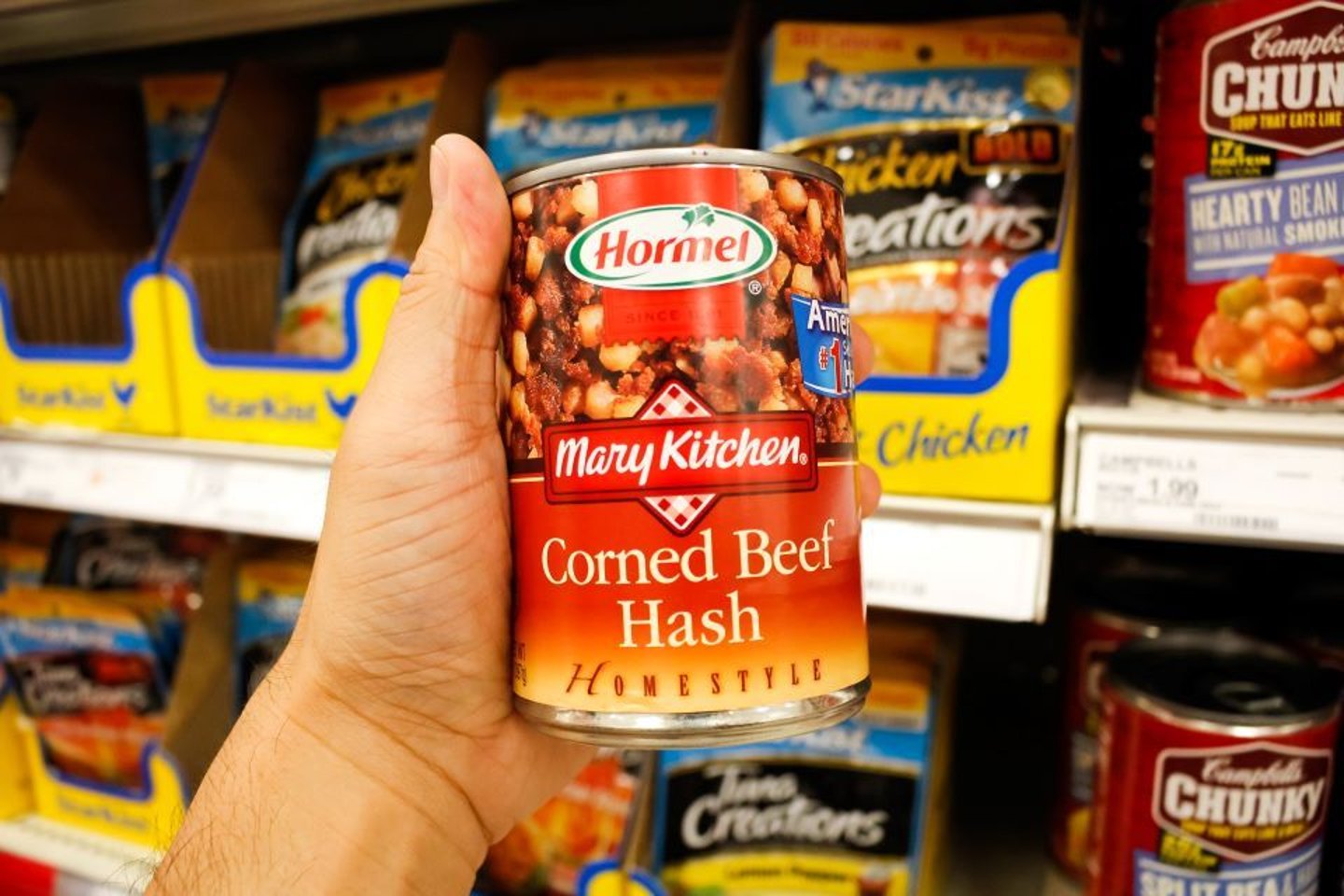Hormel's New IBP to Centralize and Optimize Supply Chain
Hormel is moving towards a holistic, integrated business planning approach, making progress on a three-year end-to-end transformation journey.
The company has its sights set on reducing unnecessary efforts across the board, taking a deeper dive into its portfolio to weed out low performing products, using innovation as a point of differentiation, and centralizing supply planning, demand planning, and deployment to support growth.
Hormel wants to make a major pivot, previously focused primarily on supply assurance but feeling the repercussions of waste and inefficiencies as a result. As the supply chain has stabilized, however, Hormel said it is now looking to unlock $200 million in operating profit by 2026 by optimizing its portfolio, investing in people, process, data, and technology.
During the company’s Investor Day presentation last week, VP of supply chain Mark Coffey said the company identified “initiatives to realize our supply chain vision and close gaps.”
Building capability for the future means upskilling its workforce, implementing new processes, and creating data governance, he said, adding that these efforts will all be enabled by technology.
It begins by asking simple questions: “Do we have the right innovations coming in? Are there items that should go out to meet our goals and objectives?”
Touching on Inventory, Manufacturing, and Distribution
“The best plan starts with the most accurate demand signal,” said Coffey. “If we can improve the accuracy of our demand signal, we can build and optimize supply and deployment response.”
The result is having the right product, at the right place, at the right time, leading to an elevated customer experience and top line sales, while cutting back on transportation and manufacturing costs.
Hormel’s manufacturing footprint includes 40 manufacturing plans and over a hundred co-manufacturer partners. A production system playbook is allowing Hormel to lean on manufacturing tools to drive improved efficiencies.
“It’s all about uptime. If we can improve the uptime of our equipment, we can get more volume through our plants, and we can lessen our dependence on third-party co-manufacturers, which always comes at a higher cost than our internal capacity.”
Sourcing, however, adds a level of complexity. As Hormel sources and procures $9 billion of goods and services annually (raw materials, packages, ingredients, supplies, etc.), it seeks to unlock productivity across its supply chain.
To solve this, Hormel has created a formal sourcing initiative around freight, currently in pilot mode in Beloit, Wisconsin. Hormel expects lower freight rates, reduced fuel surcharges, and consolidation of the number of carriers it uses.
As part of its distribution optimization, Hormel says it also expects to add capacity to support refrigeration. In the last five years, Hormel has added four new distribution centers — three in shelf stable and one in refrigerated.
During the company’s last earnings call, Hormel said it would be investing $280 million in capital projects related to growth, innovation, cost savings, automation, and maintenance.
“Longer term, we are committed to advancing the supply chain work stream of Project Orion and a series of multi-year projects aimed at unlocking earnings growth,” said Jacinth Smiley, EVP, CFO, during the call.
- More Long-Term Strategies From Hormel
Earlier this year, the company launched The Originate Initiative, a business-wide effort highlighting Hormel’s insights-led innovation through multiplatform storytelling, thought leadership, and by showcasing the strategies and individuals who are making big things happen.
Last year, Hormel made progress in elevating its access to historical and real-time data from retailers across delivery, retail, supply chain, manufacturing, and inventory. Additionally, the automation improved the company’s speed of delivery, quality, and breadth, according to Mark Vaupel, VP IT services at Hormel Foods.







